10 Best Free SEO Tools Every Beginner Should Use in 2025
Explore the 10 best free SEO tools for beginners in 2025. Learn features, pros & cons, and how to use them to boost your rankings. Curated by Web Pundit.
.jpg)
If you're just starting your SEO journey in 2025, you're probably overwhelmed with advice, updates, and algorithms that seem to change every month. But here's the good news: mastering SEO doesn’t mean burning a hole in your wallet.
There’s a wealth of free SEO tools for beginners that give you powerful insights, from keyword trends to technical issues and user behavior. Whether you're running a blog, managing a startup site, or freelancing as a digital marketer, these tools can make you look like a pro (without paying like one).
And no, we’re not just listing the obvious tools. We’ve curated a list of expert-recommended, actively maintained, and beginner-friendly SEO tools you can start using today with zero investment.
Table of Contents
- Google Search Console – Your gateway to Google visibility
- Bing Webmaster Tools – Don’t ignore the other search engine
- Ahrefs Webmaster Tools – Free tier, pro-level insights
- Screaming Frog SEO Spider – Technical SEO’s secret weapon
- Microsoft Clarity – See what users are doing on your site
- Semrush (Free Tier) – Keyword goldmine with limited access
- AlsoAsked – Discover questions people are really searching
- AnswerThePublic – Content ideas straight from real search data
- SEOquake – On-page SEO checker in your browser
- Large Language Model Helpers (ChatGPT, Claude, Gemini etc)
Your gateway to Google visibility
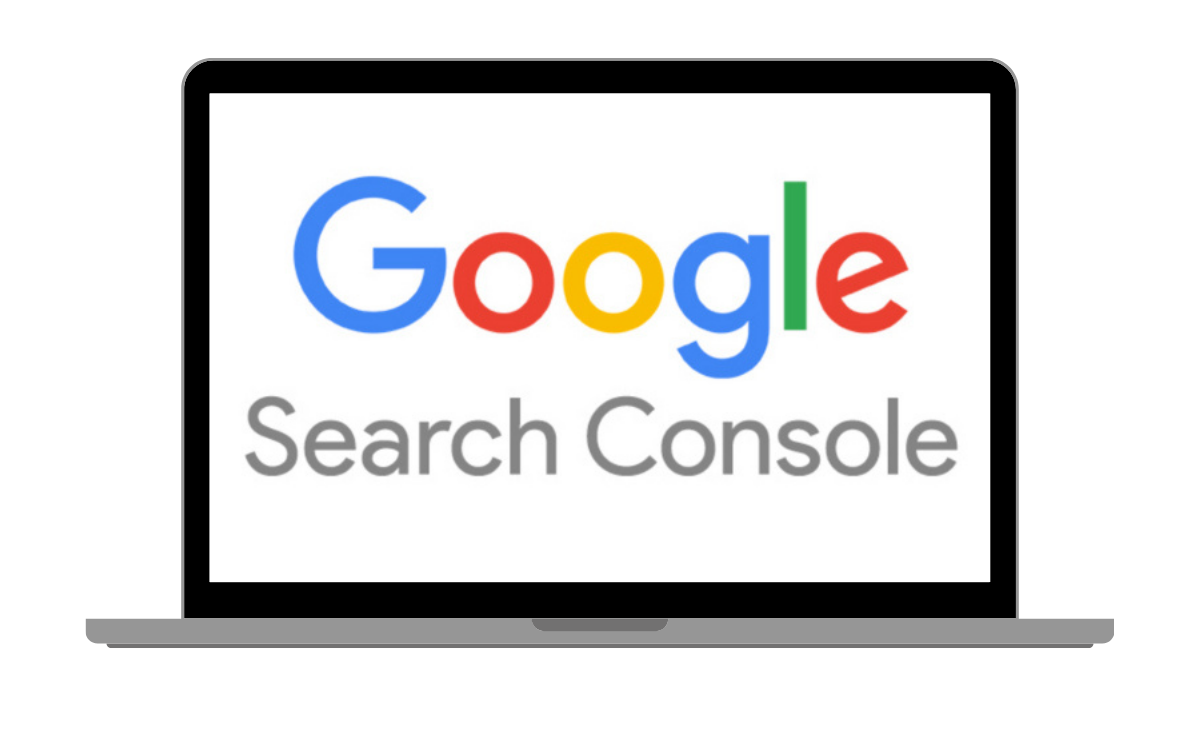
Features:
- Tracks website performance in Google Search
- Shows indexed pages, search queries, clicks & impressions
- Highlights mobile usability and indexing issues
- Notifies you of penalties or crawl errors
Advantages:
- 100% free and maintained by Google
- Beginner-friendly dashboard
- Helps you understand what keywords your site ranks for
- Essential for any website or blog
Disadvantages:
- Limited historical data (up to 16 months)
- No direct keyword research tools
Still, if you want to be found on Google, this is your non-negotiable starting point.
Don’t ignore the other search engine
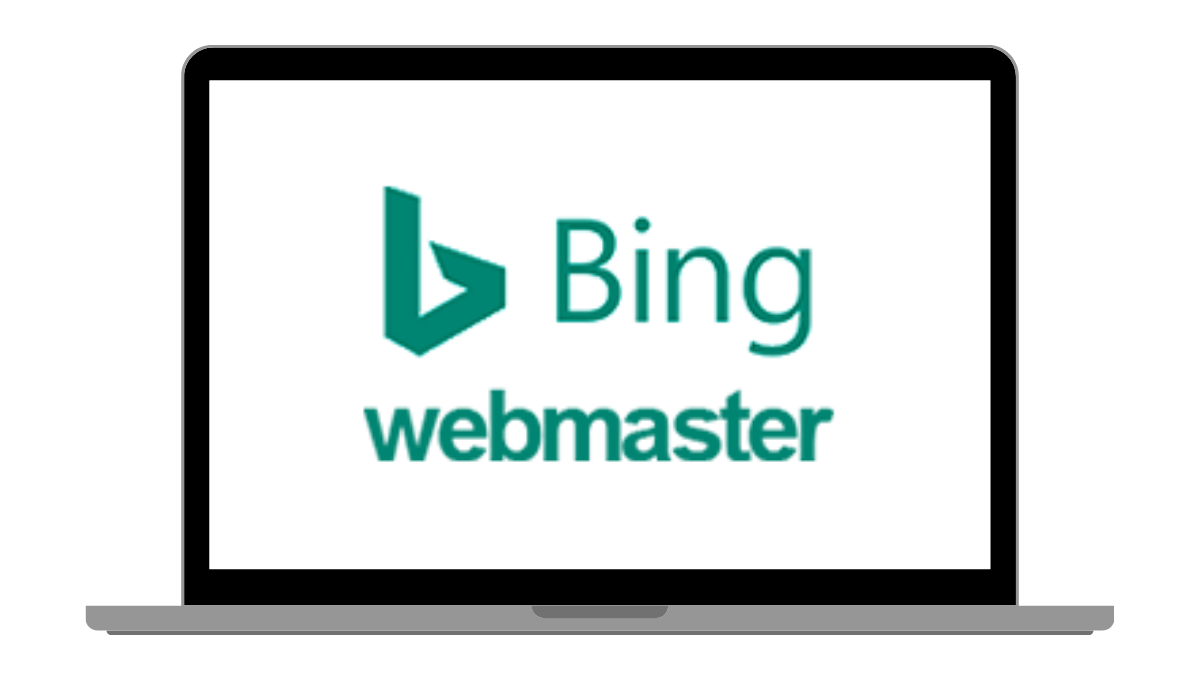
Features:
- Search performance tracking in Bing
- Site scanning and SEO reports
- Keyword research and backlink data
Advantages:
- More in-depth SEO insights than you’d expect
- Better coverage for Microsoft products & services
- Easy-to-navigate UI
Disadvantages:
- Bing has a smaller market share than Google
- Needs manual setup if you're not already verified
Still worth setting up Bing powers some surprising traffic, especially on desktops and older devices.
Pro-level insights for free
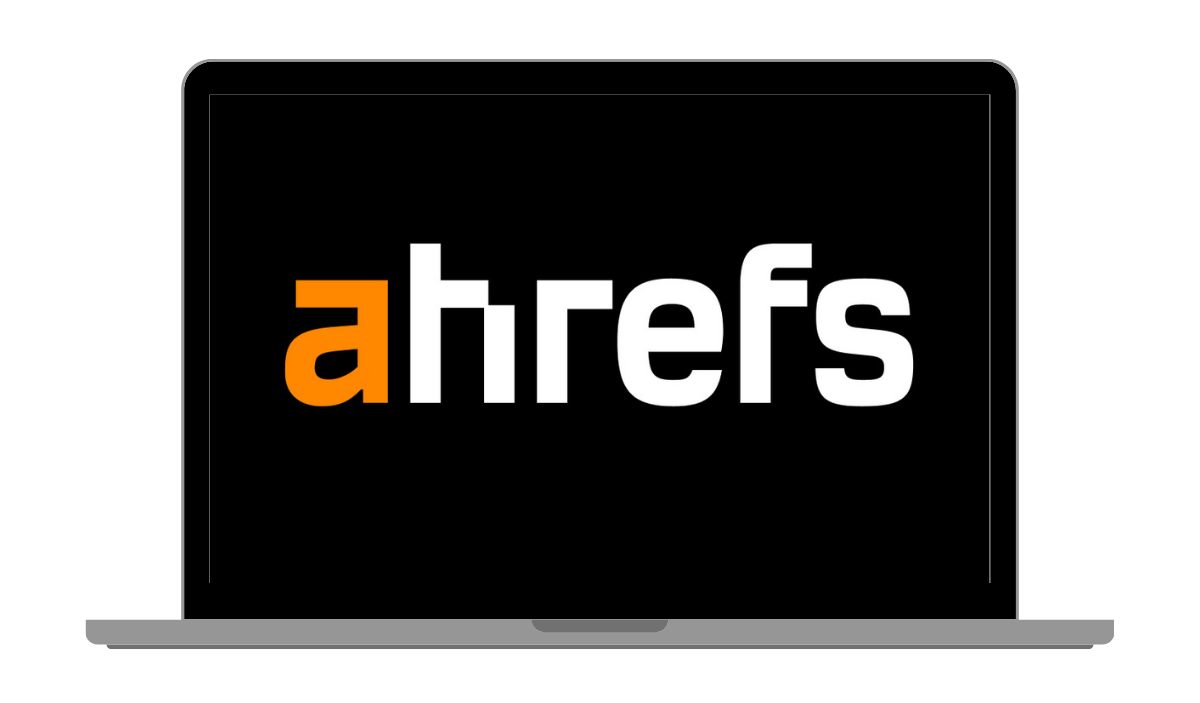
Features:
- Site audit to check SEO health
- Backlink analysis
- Shows referring domains and broken links
Advantages:
- Extremely useful free tier for site owners
- Clean UI with actionable SEO recommendations
- Helps you track and fix critical technical SEO issues
Disadvantages:
- Limited to your own verified domains
- Full features require a paid plan
If you can’t afford Ahrefs’ full plan yet, AWT is still one of the best free website SEO analysis tools.
Crawl your site like a search engine
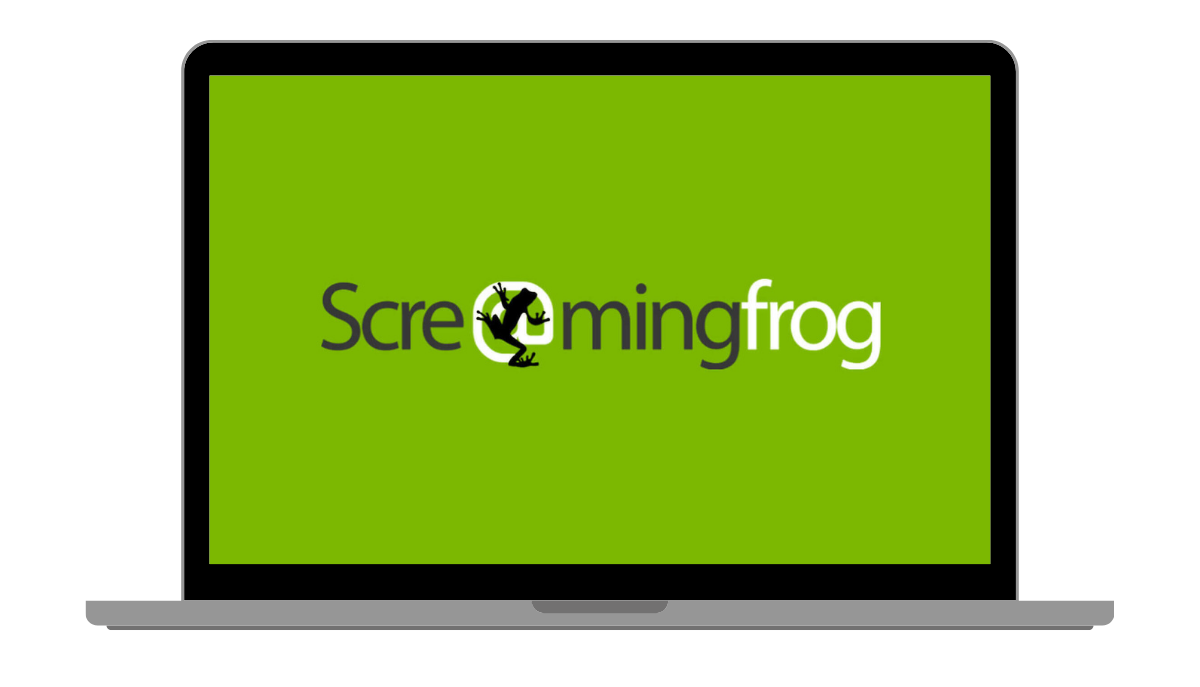
Features:
- Crawls up to 500 URLs for free
- Checks for broken links, redirects, missing tags, etc.
- Helps with XML sitemaps and duplicate content
Advantages:
- Industry-standard tool for technical SEO
- Great for mid-sized websites
- Instant desktop-based audit tool
Disadvantages:
- Desktop app only (Windows, Mac, Linux)
- UI can be intimidating for total beginners
But once you get the hang of it, this is one of the most powerful free SEO crawlers out there.
Understand what your users are doing for free
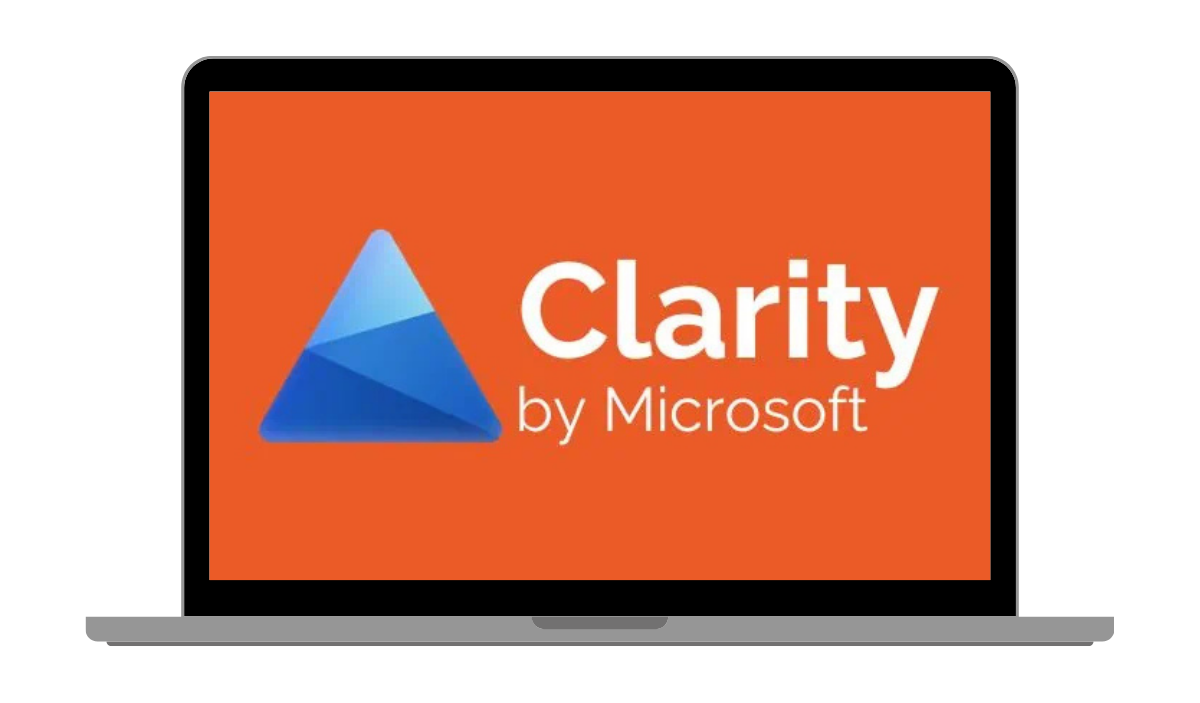
Features:
- Heatmaps and session recordings
- User click patterns and rage clicks
- Performance dashboards
Advantages:
- Completely free with no traffic limit
- Privacy-focused and GDPR compliant
- Great for improving UX and reducing bounce rates
Disadvantages:
- Data can feel overwhelming at first
- Not a traditional SEO tool more UX-focused
Still, better UX = better SEO. Clarity helps bridge that gap beautifully.
Keyword goldmine with limited access
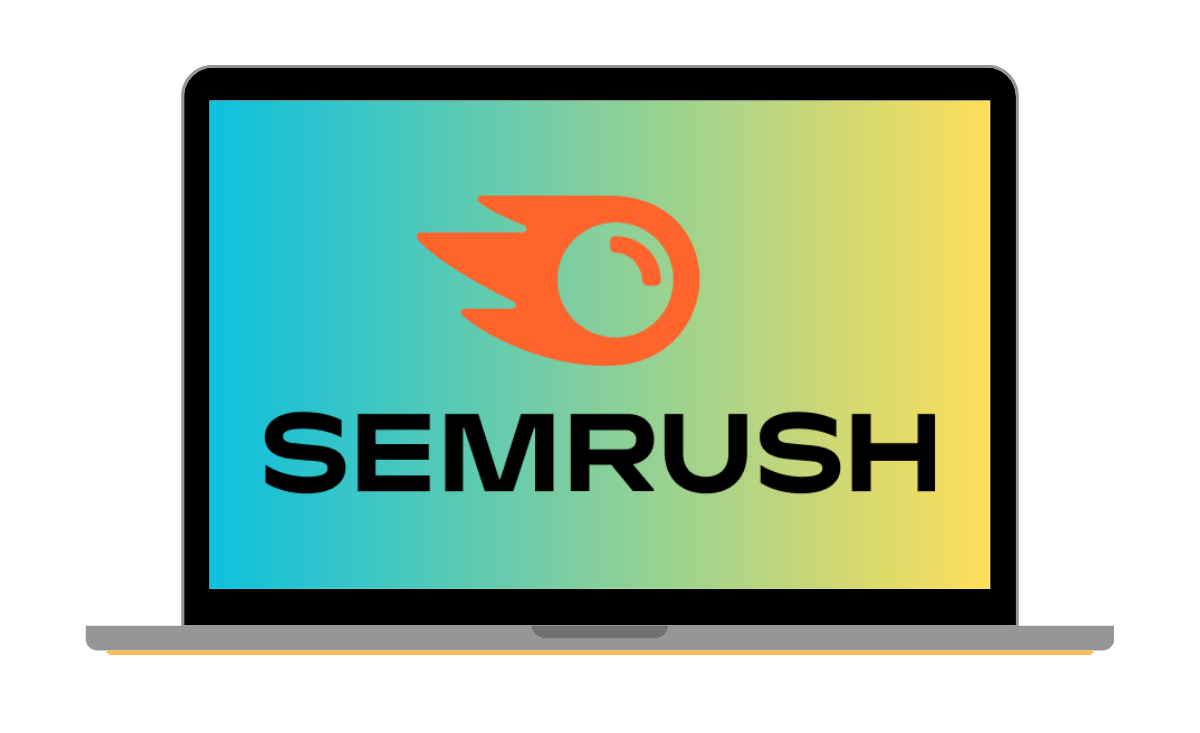
Features:
- Keyword overview and volume data
- Domain and backlink checks
- SEO audits for small websites
Advantages:
- Premium-level tool with a generous free plan
- Shows keyword difficulty and CPC
- Intuitive UI for beginners
Disadvantages:
- Limits you to 10 queries/day on the free plan
- Can feel like a tease if you need more volume
Use the free tier wisely it’s still one of the best free SEO tools for keyword research.
Discover what people are really asking
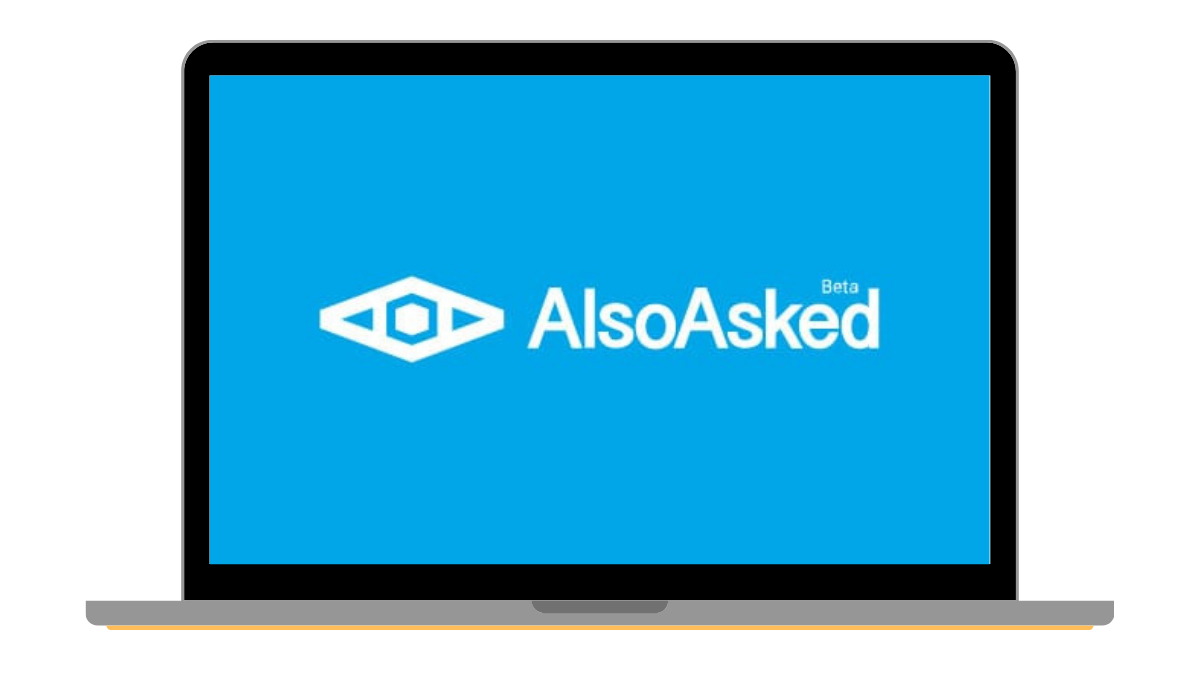
Features:
- Generates question clusters from Google’s “People Also Ask” box
- Visual hierarchy of questions
- Language and region targeting
Advantages:
- Helps build FAQ sections or topic clusters
- Great for featured snippet targeting
- No login required
Disadvantages:
- Limited number of free searches per day
- No keyword volume metrics
Still, if you want your content to answer real user queries, this tool is gold.
Turn questions into content ideas
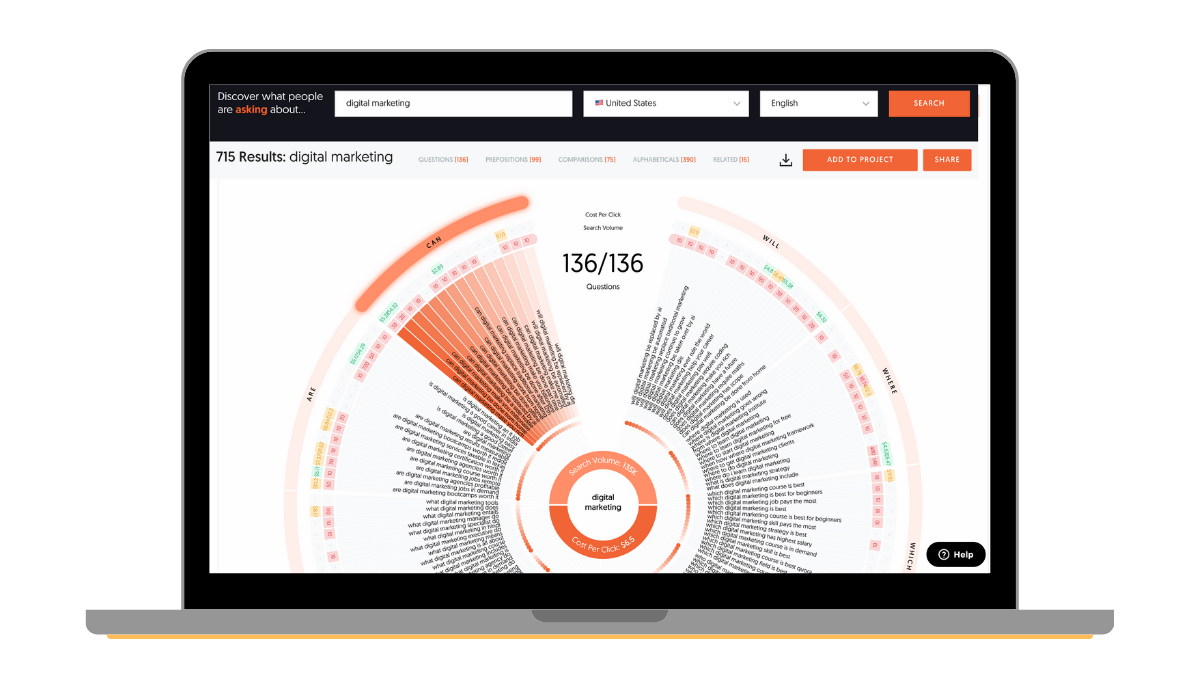
Features:
- Pulls search query data and visualizes it
- Covers “what,” “why,” “how,” “where” queries
- Exportable charts and data
Advantages:
- Super visual and easy to use
- Great for brainstorming blog topics
- No account needed for limited searches
Disadvantages:
- Free tier is capped (3 searches/day)
- Can get repetitive with similar queries
But for content inspiration, it remains unbeatable especially for beginners.
On-page SEO in your browser
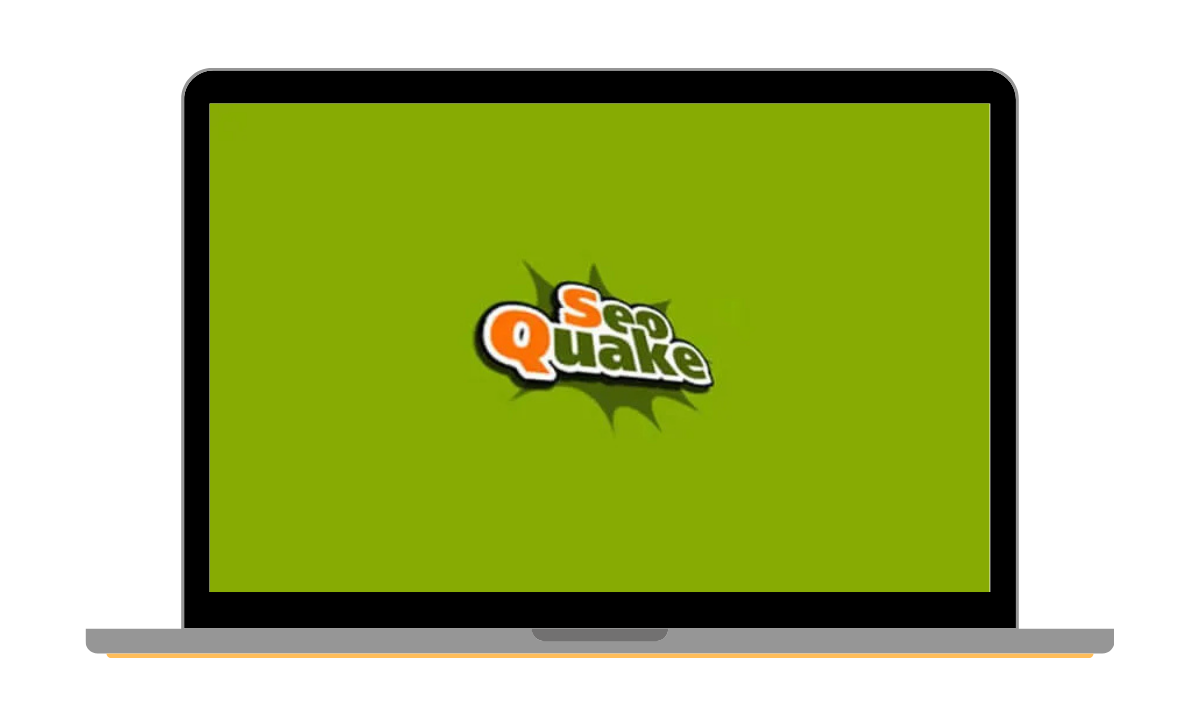
Features:
- Chrome/Firefox extension
- Instantly shows on-page SEO metrics
- Includes keyword density and page audit
Advantages:
- Lightweight and real-time
- Useful for competitive research
- Supports multiple search engines
Disadvantages:
- Can slow down browser slightly
- Data sometimes needs interpretation
For quick SEO checks on the fly, this is a handy extension to keep installed.
Your AI-powered SEO sidekicks
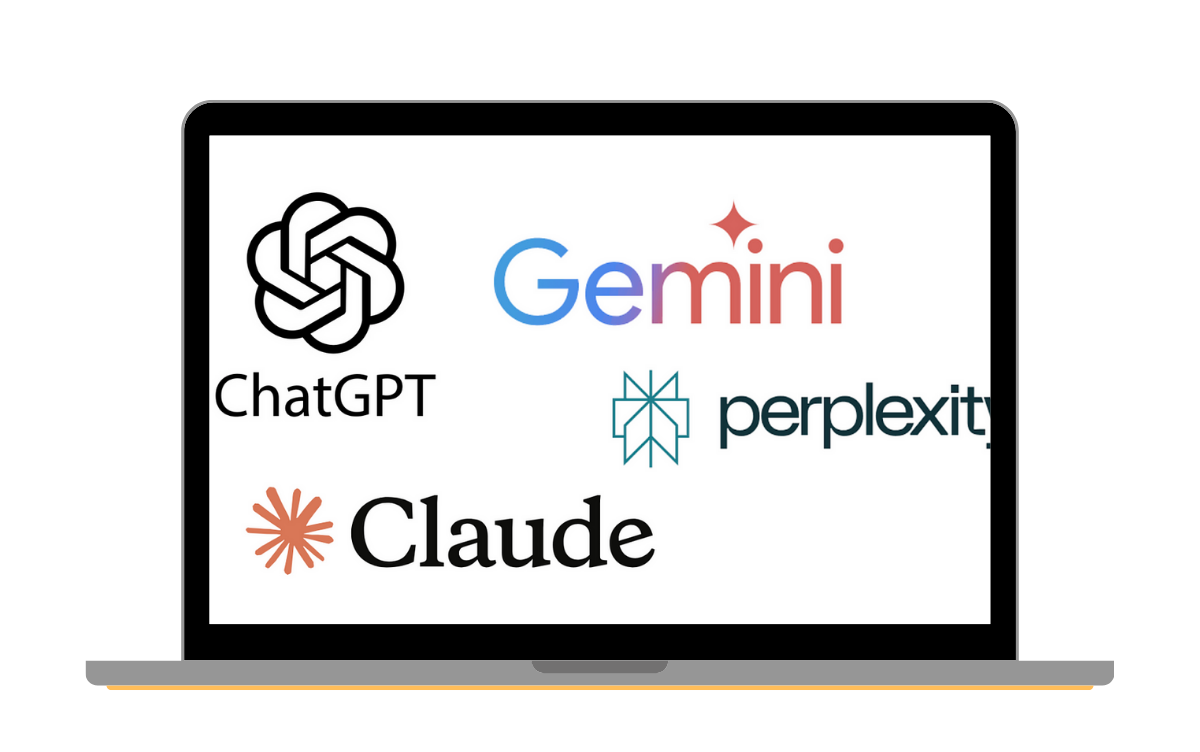
Features:
- Generate keyword-rich content, meta descriptions, titles, and FAQs
- Summarize, simplify, and rewrite complex SEO material
- Analyze competitor content and brainstorm blog ideas
- Some (like ChatGPT & Claude) can review site structure and suggest SEO improvements
Advantages:
- Speeds up content creation and ideation dramatically
- Great for non-tech founders, marketers, and solopreneurs
- Many are free or have generous free plans (like ChatGPT, Gemini)
Disadvantages:
- Accuracy can vary fact-check before publishing
- May not replace detailed human SEO strategy
- Needs prompt-engineering know-how to get best results
If you’re just getting started, free SEO tools for beginners don’t get more versatile than AI assistants like these. Just pair them with actual data from tools like Search Console or Ahrefs, and you're unstoppable.
What Should You Do After Picking Your Tools?
Now that you’ve explored some of the best free SEO tools for beginners, what’s next?
Don’t just stop at installing them. These tools are only as effective as the strategies you pair them with. Whether it’s optimizing title tags, fixing crawl errors, or enhancing your mobile performance every action counts.
If you’re unsure where to start, our 2025 On-Page SEO Checklist lays out 15 proven steps you can take right now to rank higher. It’s practical, beginner-friendly, and built on real-world SEO success stories.
Read it next to turn these tools into actual results.
Ready to Rank Higher Without Burning a Hole in Your Wallet?
At The Web Pundit, we don’t just throw tools at problems, we craft smart, scalable SEO strategies that actually work. Whether you’re just starting out or looking to fine-tune your rankings, we’ll help you use the right tools the right way.
Need help setting up or using these SEO tools?
Want a hands-on audit of your website's performance?
Let’s chat.
Your growth story deserves expert SEO.
Talk to The Web Pundit your friendly neighborhood SEO nerds.




